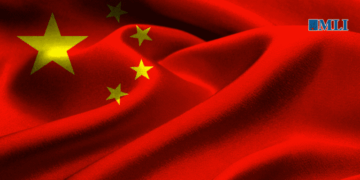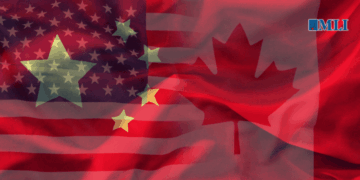With the Canada-United States relationship at an all-time low, China has moved quickly to position itself as a beneficiary of the fallout. Canadians should be wary.
Beijing is seeking to court Canadians with trade deals. But it is simultaneously punishing Canada for adopting anti-Chinese trade laws, which – as the Chinese are quick to point out – were implemented by Canada in response to American pressure to crack down on unfair Chinese trade practices.
Now, we’re seeing growing numbers of Canadians twisting the logic of “the enemy of my enemy is my friend.” They’re taking this to mean that the enemy of Canada is the United States, and by that logic, the People’s Republic of China must be Canada’s friend.
To offer his perspective on how Canadians should view these developments, Dr. Stephen Nagy joins Inside Policy Talks. Nagy is a professor at Tokyo’s International Christian University, and a senior fellow at the Macdonald-Laurier Institute. He’s studied and written extensively about China and its influence operations in the West, including his recent article, As US-Canada ties unravel, Beijing pulls the threads.
On the podcast, he tells Jamie Tronnes, executive director of the Center for North American Prosperity and Security (CNAPS), that the Chinese government has “invested very heavily” in a strategy of “elite capture” focused on political and business leaders, “giving them preferred access to the Chinese market.”
“This is to lock them into a kind of dependent relationship,” says Nagy. “And I think that this has made Canada have tremendous challenges in terms of confronting a country that really wants to change the global order in a way that is contrary to Canadian interests.”








